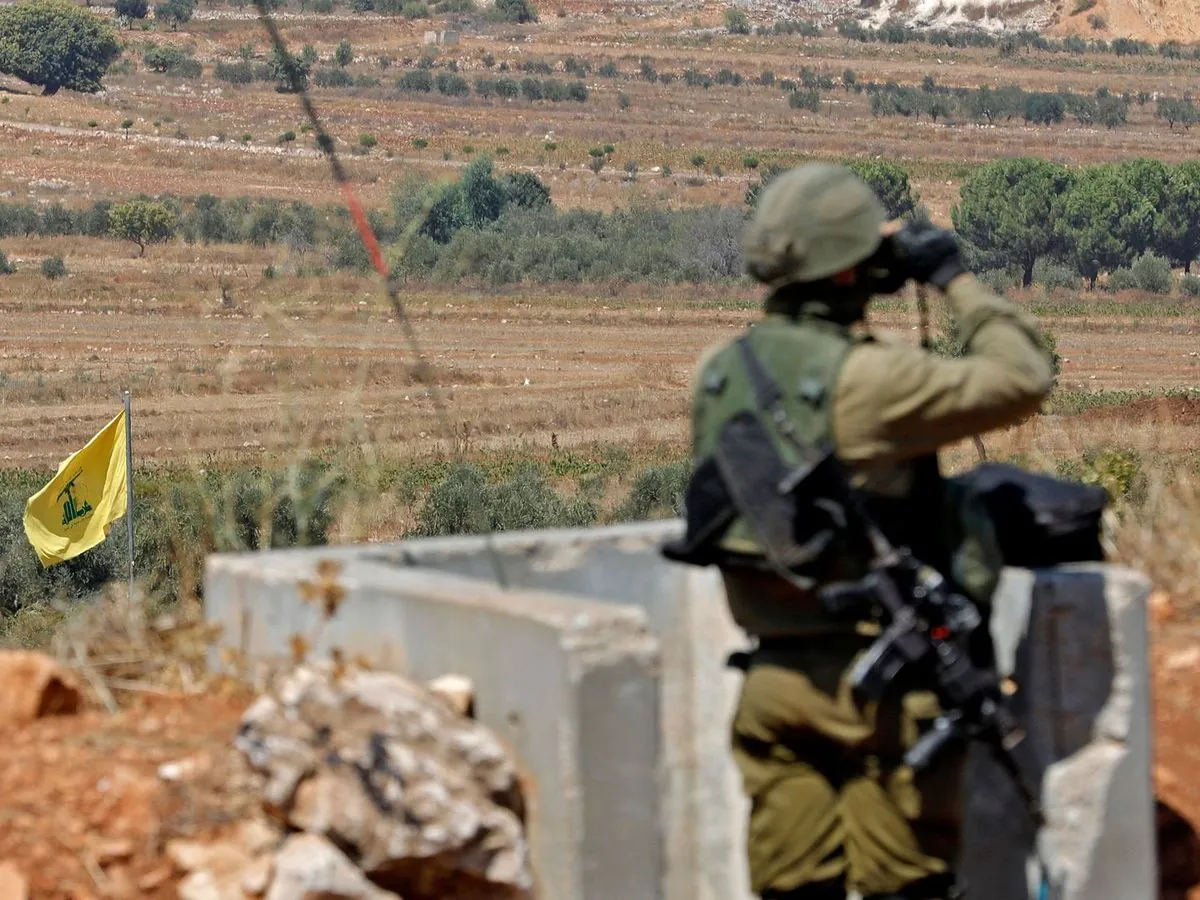The ongoing conflict between Israel and Gaza has broader regional implications, involving Iran, the Houthis in Yemen, and most significantly, the Lebanese Hezbollah. Recent assassinations of key figures have heightened tensions, raising concerns about potential escalation.
The situation with Hezbollah is particularly precarious. With an estimated force of 100,000 fighters and a substantial rocket arsenal, the group poses a significant threat to Israel. The memory of the 2006 conflict, which lasted 34 days and resulted in heavy casualties on both sides, looms large.
The October 7, 2023, Hamas attack on Israel dramatically altered the risk perception. The assault, which claimed nearly 1,200 Israeli lives, has led to a reevaluation of the threat posed by Hezbollah. This shift in perspective has displaced approximately 60,000 Israelis from the northern region.
"If a surprise attack from the weaker Hamas could be so devastating, what might an attack from the more formidable Hezbollah entail?"
Israel faces a strategic dilemma: whether to launch a preemptive strike against Hezbollah or maintain a deterrence-based approach. However, several factors complicate the situation:
- Israel's military is strained after months of conflict in Gaza.
- Lebanon's larger size makes a comprehensive occupation challenging.
- Hezbollah's ability to retreat and regroup.
- Potential international backlash against Israel.
- The absence of a viable alternative to Hezbollah in Lebanon's governance.
Experts argue that a deterrent strategy might be more effective. Hezbollah has shown concern for Lebanon's well-being, unlike Hamas' approach to Gaza. The devastating economic crisis in Lebanon since 2019 adds another layer of complexity to Hezbollah's decision-making.
However, Israel's tendency for short-term thinking and highly politicized national security decisions may lead to hasty actions. The recent assassination of Ismail Haniyeh in Tehran demonstrates Israel's operational capabilities but raises questions about its long-term strategy.
International pressure, particularly from the United States and its allies, is crucial in preventing a potentially counterproductive all-out war. While the current situation remains tense, finding a diplomatic solution that addresses both Israel's security concerns and Lebanon's stability is paramount.
